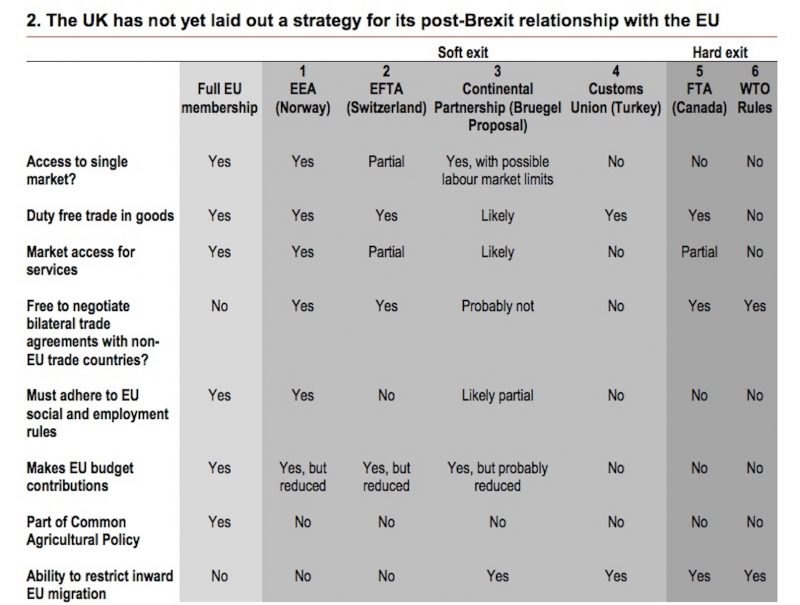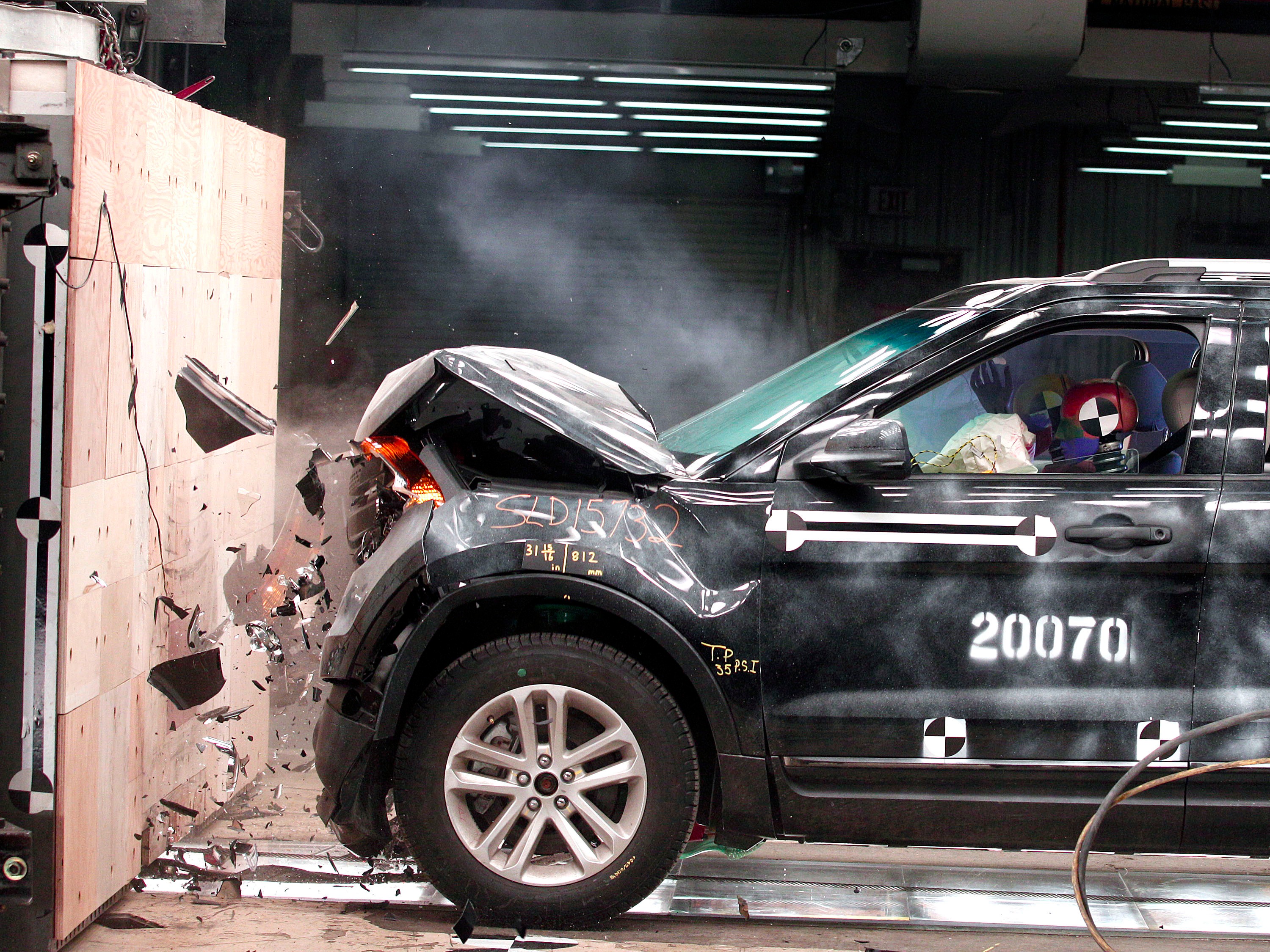When Prime Minister Theresa May triggers Article 50, starting the two-year negotiation period for the UK’s exit of the European Union, all eyes will be on the type of deal Britain gets.
And it looks like Britain is careening head-first into a “hard Brexit,” restricting freedom of movement and losing Single Market access.
The Conservative-led government is prioritising immigration in the nation’s Brexit deal.
Various polls in the run-up to the referendum showed that immigrationwas a key issue for those voting for a Brexit.
May, in her keynote speech at the Tory party conference, said the UK would aim to take back control of its borders and emphasised how UK companies should be hiring more British people. You can read her full speech here.
Simon Wells and his team of economists at HSBC said in their client note on Thursday that "immigration control appears a higher priority than full Single Market access."
However, May's speech was not just glimpse into what a post-Brexit Britain could possibly look like, it was also a drawing of battle lines for when Brexit negotiations officially start and gives an indication of what kind of deal we can expect.
Here is what HSBC says (emphasis ours):
"Theresa May recently suggested that the UK should control its borders and seek "the best possible deal" for Single Market access. This indicates a 'harder' Brexit than the Swiss or Norwegian models, for example. Indeed, the UK's Minister for International Trade has proposed that the UK should not enter a customs union, implying a more distant relationship than the EU has with Turkey.
"Being outside a customs union - and in the absence of a bilateral UK-EU free-trade agreement - could mean tariffs on many goods. Also, outside of the Single Market, UK services may find it harder to compete - particularly if financial sector firms cannot replace their EU 'passport' with something equivalent.
"Goods trade tariffs have been falling for decades, thanks to successive rounds of global agreements. But non-tariff barriers and uncertainty about future trading rules can pose huge barriers to trade. If left unaddressed, these could be equivalent to a tariff of 10-15% on UK trade, according to some studies."
Britain cannot have best of both worlds. Taking greater control of immigration by opting out the Freedom of Movement Act, which allows any EU citizen to enter the country, means that the country will have to relinquish its single market membership - like Turkey.
If the UK wants single market access, it will have to adhere to EU immigration rules - like Norway.
This chart what the "soft" (Norway style) and "hard" Brexit (Turkey style) looks like:

Anna Soubry MP has spoken out about Brexiteers' claims that the UK control and reduce immigration as well as accessing the single market. Soubry told Business Insider in an interview that this is "bonkers" and those MPs are in "denial."
EU Commission PresidentJean Claude-Junckerand the EU Parliament's chief Brexit negotiator Guy Verhofstadthave both said Britain will not be allowed to retain access to the single market and pull out of the free movement of people.
And this makes sense. There's no incentive for the EU to allow Britain to have the best of both worlds.
We already know that the Brexit has already caused contagion threats throughout the EU. And unless May changes her focus on immigration for the Single Market and the economy, it is unlikely Britain will get a Norway-style deal.
However, it seems that Britons do not care about losing the single market access. The latest poll by YouGov showed that 47% of Britons want a 'hard' Brexit.

